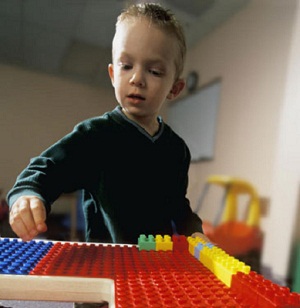What are the Causes for Challenging Behaviors in Children?
Posted by PLB · Leave a Comment

 A student’s behavior is not random but is determined by one or more root causes or behavioral drivers, the most common of which include:
A student’s behavior is not random but is determined by one or more root causes or behavioral drivers, the most common of which include:
Social attention (adult or peer)
A student may call out sarcastic comments in class because she gets peer attention for doing so.
Escape or avoidance of tasks, settings, or situations
A student who is a poor reader may become defiant toward the teacher whenever she is asked to read aloud in front of the class. When sent to the principal’s office, the student has successfully avoided the situation or activity.
Access to tangibles or rewards or privileges (pay-offs)
When misbehavior is rewarded by access to a preferred object, a young student may engage in physical tantrums until allowed to play with a particular toy.
The parent who understands the root cause(s) of the challenging behaviors in children has an advantage when selecting positive behavior management strategies to best meet their needs.
For example, a parent may realize that a child whines and whines because this behavior forces the parent to pay the child lots of attention. Armed with this knowledge, the parent decides to give the child more individual attention only when the child is not whining. Now the child is getting exactly what he or she wants (more adult attention) and the dependency on whining behavior likely fades away.
Learn More… Take this course: Positive Behavior Intervention Strategies
Discuss Here: What are some ways in which you have handled the challenging behaviors in children?



